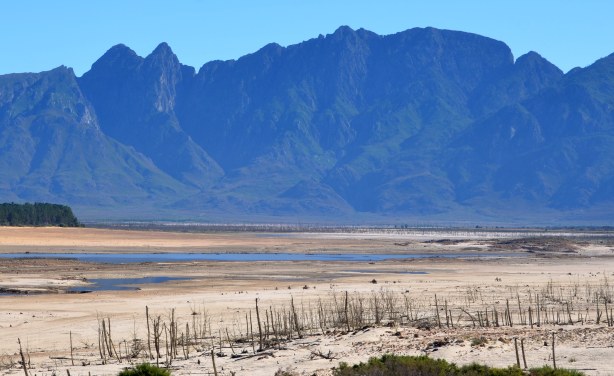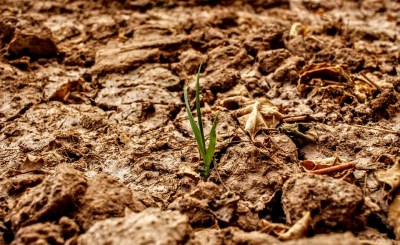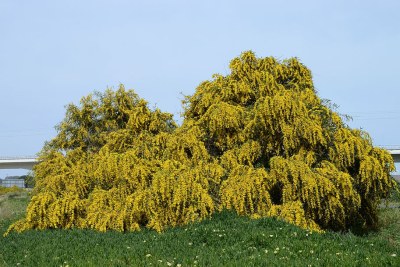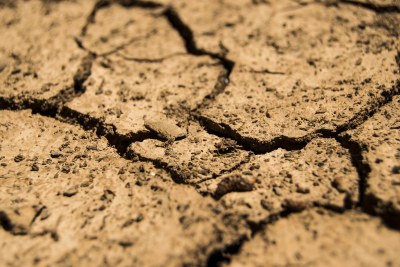-
South Africa: South Africa Has Had Lots of Rain and Most Dams Are Full, but Water Crisis Threat Persists
The Conversation Africa, 5 April 2022
Most parts of South Africa, specifically its summer rainfall areas, have received above average rainfall since October 2021. This has led to an increase in the country's national… Read more »
-
South Africa: Despite Rain, Makana Municipality Still Cannot Provide Water Consistently
GroundUp, 4 April 2022
Makhanda communities have had water shedding and cuts for over a year now Read more »
-
South Africa: Fort Beaufort's Thirsty Villages
GroundUp, 28 March 2022
Villagers in Mhlangeni in Hertzog and in Kat-katvallei in Seymour say they have been without water since their boreholes stopped working. Read more »
-
Africa: Groundwater Quality - Measuring the Invisible #AfricaClimateCrisis
UNEP, 21 March 2022
Cape Town, South Africa, is highly reliant on groundwater for its rapidly growing population. But one of the main sources under the city, long in the spotlight for its dwindling… Read more »
-
Africa: Water and Sanitation On South Africa's Water Levels Due to Rainfall
Govt of SA, 16 March 2022
Country's water levels continue to rise due to widespread rainfall Read more »
Water Crisis Still a Threat In South Africa Despite Heavy Rains
Most parts of South Africa, specifically its summer rainfall areas, have received above average rainfall since October 2021. This has led to an increase in the country's national average water levels, writes Anja Du Plessis for The Conversation.
The total percentage of water stored in reservoirs nationally rose from 84.6% in mid-December 2021 to 88.7% at the end of the year. By mid March in 2022, the national average was 94% compared to 85% for the same period last year, with all provinces showing an overall increase.
Despite the recent rains, some areas have still not recovered from continued effects of the "Day Zero" drought which has been ongoing since 2015. It's been described as one of the worst droughts experienced by South Africa in recent times.
Day Zero refers to a period of severe water shortage in the Western Cape region, most notably affecting the City of Cape Town. While dam water levels had been declining since 2015, the Cape Town water crisis peaked during mid-2017 to mid-2018 when water levels hovered between 15 and 30 percent of total dam capacity.
Climate scientists predict that increased climate variability will expose South Africa to more frequent and prolonged droughts. Population growth, rural-urban migration, industrialisation, and water pollution all place additional stress on scarce water resources.
InFocus
-
Droughts in water scarce regions are being worsened by human-driven climate change. While rainfall reduction is the main driver Read more »
-
The western regions of the Eastern Cape are suffering a six-year drought and the two major dams for the province's biggest metro, Nelson Mandela Bay, are running dry with the city ... Read more »

Theewaterskloof Dam, located on the Sonderend River and the largest source of water for Cape Town, was severely depleted by drought in the western Cape (file photo).




